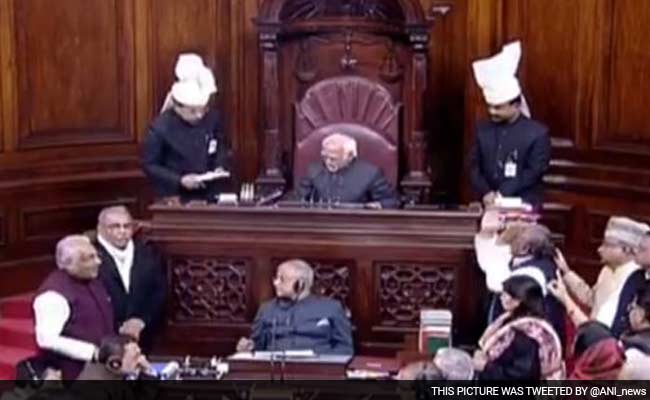
The December 16, 2012 gang rape in Delhi triggered major changes in criminal laws in India, especially those dealing with rape, but changes in the law dealing with juvenile offenders are still pending. The Rajya Sabha today passed the new law to replace the existing provisions that have been in force since 2000.
Here are 10 things you need to know
The Juvenile Justice (Care and Protection of Children) Amendment Bill 2015 has been passed by the Rajya Sabha today. It was introduced in Parliament last year after public outrage because one of the offenders in the 2012 gang rape case was a few months short of 18 years of age. The bill had already been passed by the Lok Sabha in May. It now needs the President's assent to become law.
The bill allows for juveniles 16 years or older to be tried as adults for heinous offences like rape and murder. Heinous offences are those which are punishable with imprisonment of seven years or more.
The bill mandates setting up Juvenile Justice Boards and Child Welfare Committees in every district. Both must have at least one woman member each.
Once the bill becomes law, the decision to try a juvenile 16 years or older as an adult will be taken by the Juvenile Justice Board, which will have a judicial magistrate and two social workers as members. If the board decides against it, the juvenile will be sent for rehabilitation.
The Child Welfare Committees will look at institutional care for children in their respective districts. Each committee will have a chairperson and four other members, all specialists in matters relating to children.
The government says it listed the bill more than a dozen times in the monsoon session and the ongoing winter session but it could not be taken up due to disruptions. The opposition, led by the Congress, had assured support to pass the bill today.
The bill aims to "consolidate and amend the law relating to children alleged and found to be in conflict with law and children in need of care and protection by catering to their basic needs through proper care, protection, development, treatment, social re-integration, by adopting a child-friendly approach."
The proposed law also aims at adjudicating and disposing cases dealing with juveniles keeping in mind "the best interest of the children and their rehabilitation."
India is a signatory to the UN Convention on the Rights of the Child which mandates that all children under the age of 18 years be treated equal. The pending bill has been criticised for violation of the Convention.
The bill also deals with adoption of children and lays down the eligibility criteria for adoptive parents. A central adoptive resource agency will frame the rules for adoption, which will be implemented by state and district level agencies.

